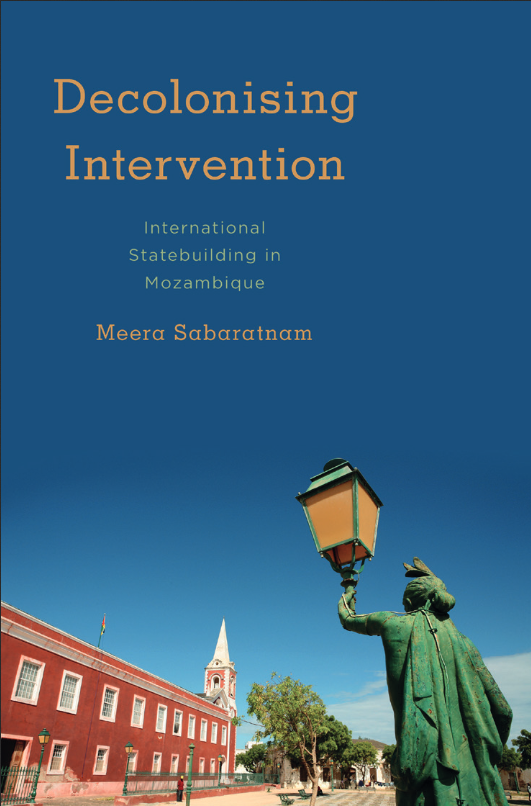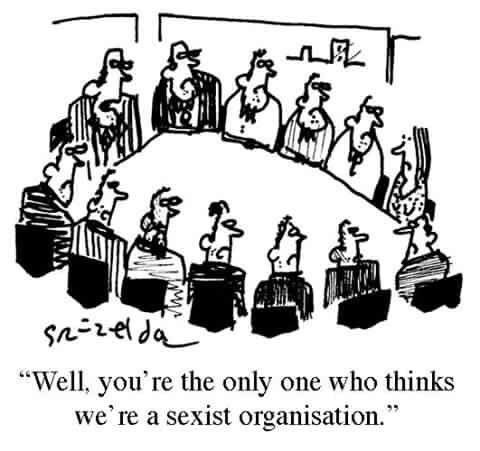Post #5 in our symposium on Joanne Yao’s The Ideal River, from Dr Giulia Carabelli. Giulia is a lecturer in Sociology and Social Theory in the School of Politics and International Relations at Queen Mary, University of London. She is interested in affect theory, nonhuman agencies, and social justice. Her current research project, Care for Plants, explores the shaping of affective and intimate relationships between humans and houseplants during the Covid-19 pandemic.
There are three protagonists in The Ideal River: the Rhine, the Danube, and the Congo. We meet them at different times in history when they become crucial agents in the (re)making of international orders. These three rivers illustrate different yet analogous processes of intervention aimed at domesticating what escapes human control (nature) to establish order as a matter of “progress”. As Yao argues, the taming of rivers exemplifies the “fulfilment of the Enlightenment promise that humanity stood together as masters over nature”, which is rooted in an unquestioned “optimism toward international progress” (186). The Rhine is the “internal European highway”, the Danube “the connecting river from Europe to the near periphery” and the Congo “the imperial river of commerce” (10). From the outset, the book sets expectations for nonhuman actors to take centre-stage in the recounting of history and to reveal their obscured roles in the development of global (human) politics. My reflections thus aim to discuss how the book foregrounds nonhuman agencies and to advance an argument for centring care and love to appreciate the potentially disrupting roles of rivers in reshaping political imaginaries, which become more and more urgent as that optimism towards human control flails.
1. The image of the river
I start from the cover of this book; an image taken by NASA/USGS Landsat 8 depicting the Mackenzie River in Canada. From above, this river is rendered through solid shades of blues, browns, and greens. This river does not flow. Similarly, when we imagine rivers on a two-dimensional map, they appear as homogeneous streams, whose ability to connect and serve human settlements we value. Such rivers become boundaries, obstacles, or opportunities to facilitate the movement of people, goods and capital, while ignoring their much more complex life as eco-systems in a constant process of change. These static representations of rivers, so instrumental to human life and its “progress”, become protagonists of the historical conferences discussed in the book. These rivers are ideals of what a river can become when understood as precious, yet disposable, resource.
Rivers on maps are what humans have long attempted to tame, because, as Yao discusses, to exercise control over nature ultimately proves, and provides, human progress. It drives and tests advancement in technology whilst gratifying the assertion of moral superiority. Clearly, this perspective results from thinking “human” and “nature” as dramatically different whereby the former is always standing above the ‘Other’; and to tame the Other for the sake of progress. The history of global politics, as shown vividly in this book, can be framed as the history of taming rivers. This is also the history of human faith in science and technology as the desperate attempt to prove that rationality is what sets us above all other species. It is the history of “transform[ing] irrational nature and society into economically productive and morally progressive units of governance” (200).
Continue reading
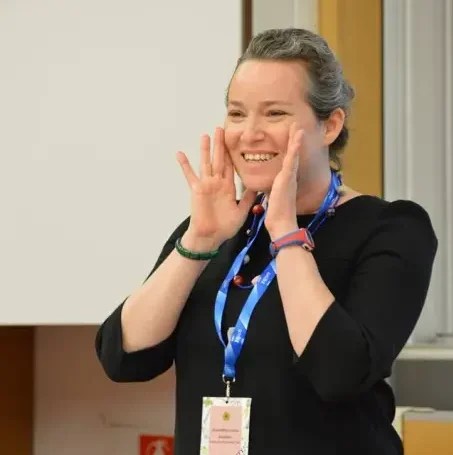


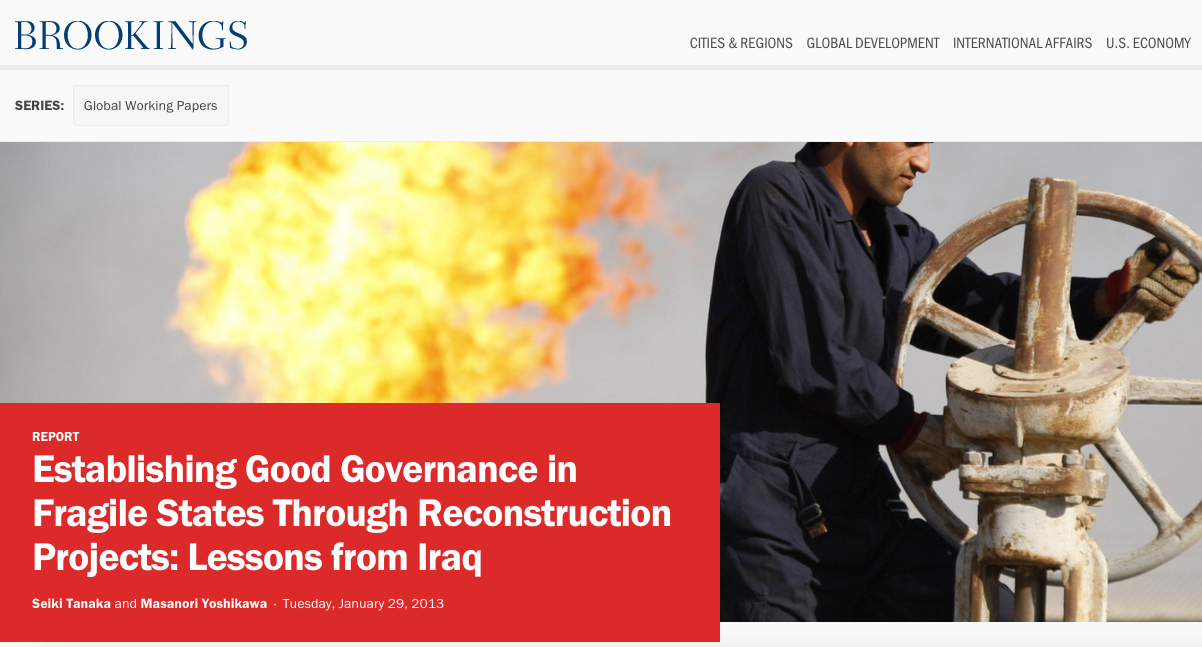
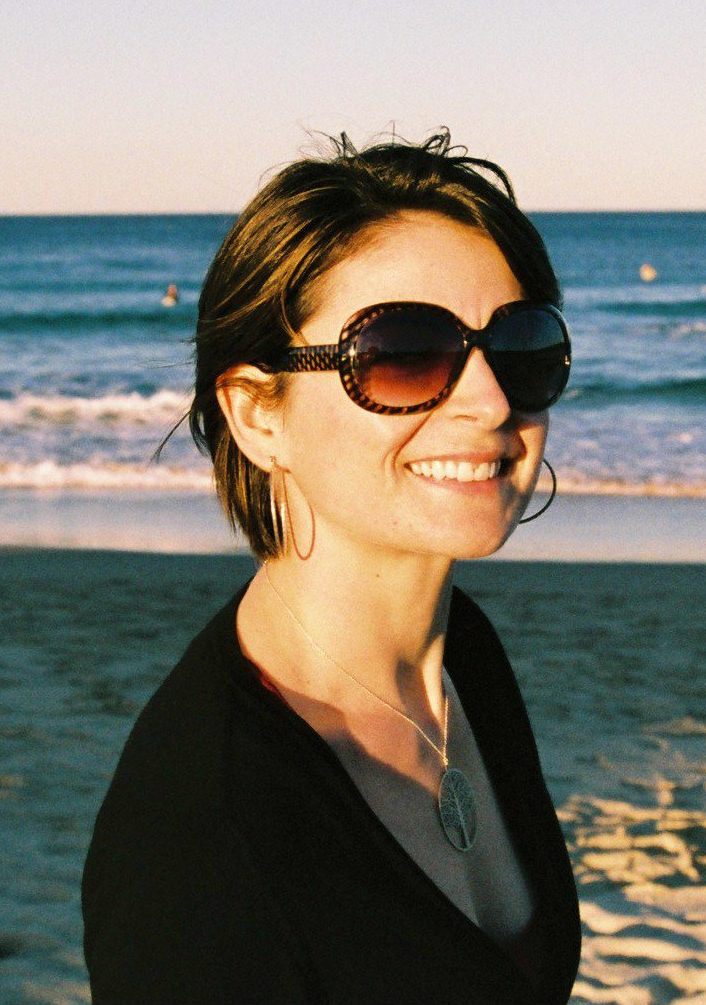 Megan Mackenzie is an Associate Professor in the Department of Government and International Relations at the University of Sydney. Her research is broadly- and humbly- aimed at reducing and, eventually ending war; it bridges feminist theory, critical security studies, and critical/post development studies. Megan has contributed research on topics including sexual violence in war, truth and reconciliation commissions, military culture, images and international relations, and women in combat.
Megan Mackenzie is an Associate Professor in the Department of Government and International Relations at the University of Sydney. Her research is broadly- and humbly- aimed at reducing and, eventually ending war; it bridges feminist theory, critical security studies, and critical/post development studies. Megan has contributed research on topics including sexual violence in war, truth and reconciliation commissions, military culture, images and international relations, and women in combat.
 Amy Niang is Senior Lecturer in International Relations at the University of the Witwatersrand, Johannesburg. Her research is informed by a broad interest in the history of state formation, peace and conflict, and Africa’s international relations. Her work has been published in Alternatives, Politics, African Studies, Journal of Ritual Studies, African Economic History, Afrique contemporaine and many edited collections. Her forthcoming publications include “Rehistoricising the sovereignty principle with reference to Africa: stature, decline, and anxieties of a foundational norm”, in Zubairu Wai and Marta Iniguez de Heredia (eds.) Bringing Africa “Back In”: World Politics and Theories of Africa’s Nonfulfillment (Palgrave Macmillan).
Amy Niang is Senior Lecturer in International Relations at the University of the Witwatersrand, Johannesburg. Her research is informed by a broad interest in the history of state formation, peace and conflict, and Africa’s international relations. Her work has been published in Alternatives, Politics, African Studies, Journal of Ritual Studies, African Economic History, Afrique contemporaine and many edited collections. Her forthcoming publications include “Rehistoricising the sovereignty principle with reference to Africa: stature, decline, and anxieties of a foundational norm”, in Zubairu Wai and Marta Iniguez de Heredia (eds.) Bringing Africa “Back In”: World Politics and Theories of Africa’s Nonfulfillment (Palgrave Macmillan).

